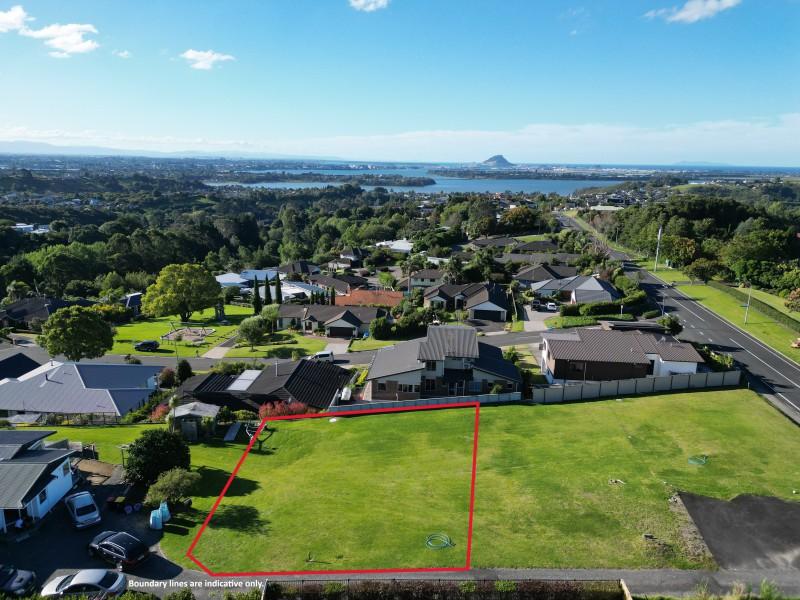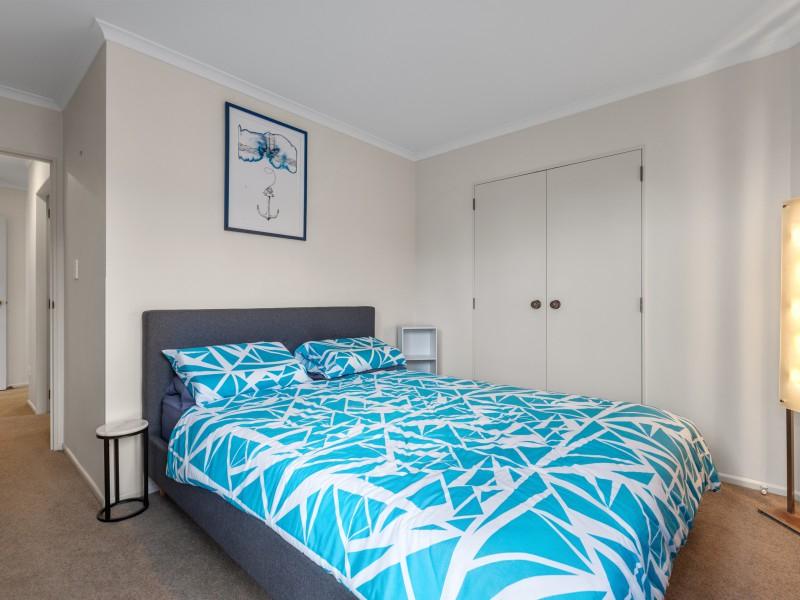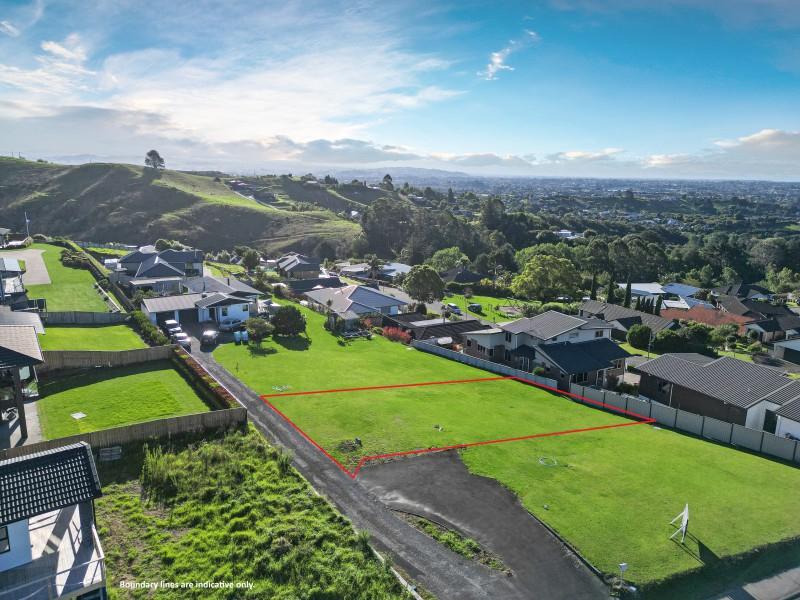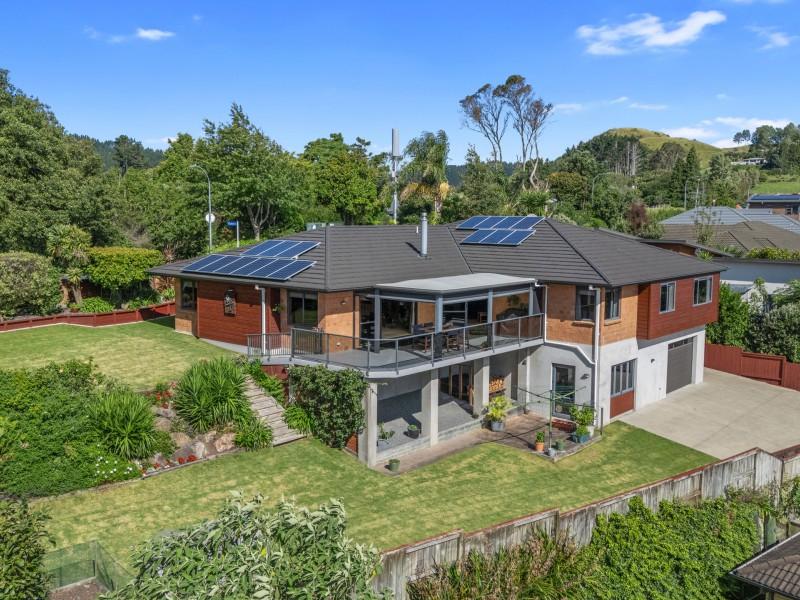Does your property really double in value every 10yrs?
“In 2012, the national average asking price for a home was less than half a million dollars at $447,040. We have seen this average increase steadily over the last ten years to reach just under $1 million in 2021.”
Average asking prices have more than doubled nationally and in 10 of 19 NZ regions in the last decade, according to the latest data from realestate.co.nz.
For homeowners who have not (theoretically) doubled their money, most have seen average asking prices in their regions get close, with more than 90% increases.
Vanessa Williams, spokesperson for realestate.co.nz says that property has long been considered a good investment, and the latest data has supported that theory.
In the last ten years, regional New Zealand small towns have seen the largest average asking price increases. With an increase of $361,441 or 282.1% in 10 years, mill-town Kawerau saw the most exponential average asking price growth.
To read the full report go to realestate.co.nz/blog
or your can contact me to talk real estate -0274951536

🧩😏 Riddle me this, Neighbours…
I am an odd number. Take away a letter and I become even. What number am I?
Do you think you know the answer?
Want to stop seeing these in your newsfeed? No worries! Simply head here and click once on the Following button.

Scam Alert: Bank cold calls
ASB is warning customers about reports of cold calls from scammers claiming to be from ASB. These scammers are trying to obtain personal information, including usernames, dates of birth, and verification codes sent to your mobile phone.
🛡️ The "Caller Check" Test
If you get a call from someone claiming to be from ASB and you’re unsure, just ask them for a Caller Check. You will then be able to verify the call through the app.
Remember, banks will:
❌ Never ask for your banking passwords, PINs, or verification codes
❌ Never need to know your full credit card number – especially the CVC
❌ Never ask you to download software or remotely access your device
❌ Never ask you to purchase gift cards or transfer funds.
If you have received a phone call and think your account has been compromised, call ASB on 0800 ASB FRAUD (0800 272 372), or visit your local branch.

🐾 It’s here! Our SPCA Merch has officially launched online 🐾
We’re excited to share our brand-new range of exclusive SPCA Merch, featuring tees, tote bags, socks, bandanas, and more 🛍️
Shop the range online now 🔗 www.spcaopshops.nz...
Every purchase helps raise vital funds to protect over 55,000 animals in need across NZ every year 💙


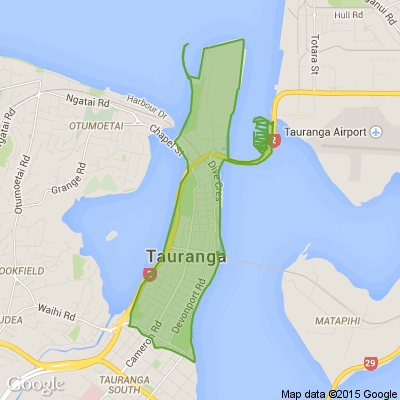




 Loading…
Loading…